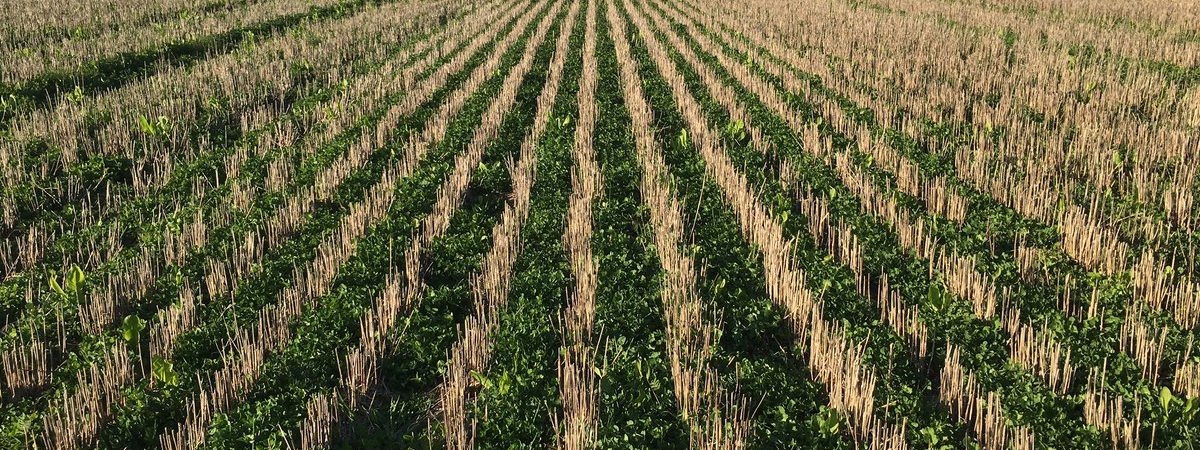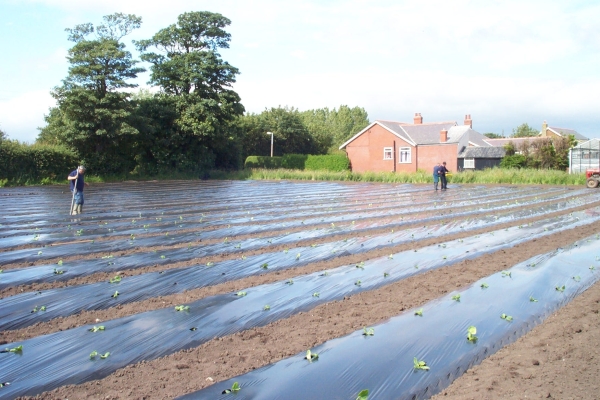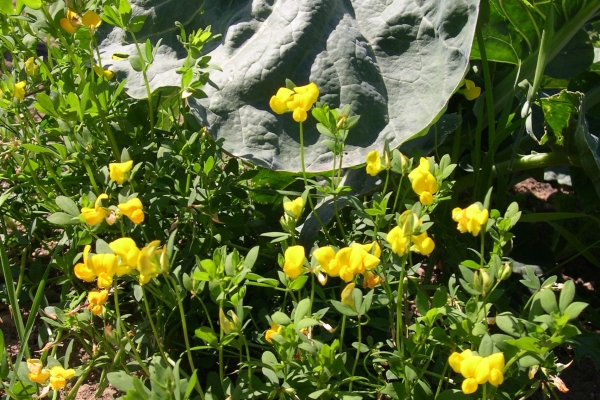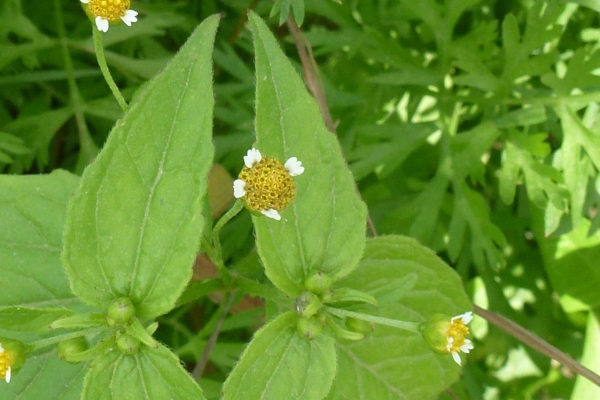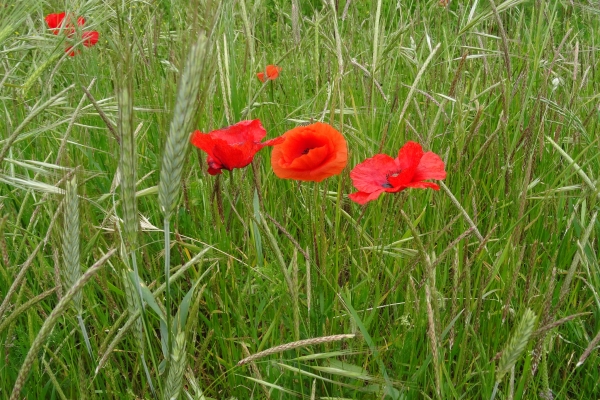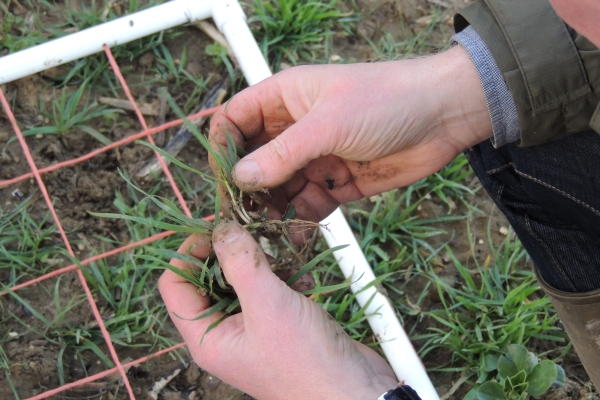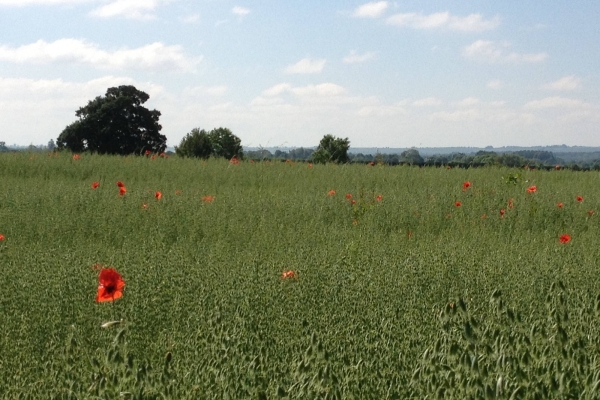The four principles of weed control in organic growing
The future of agroecological weed management
Resource explained
Footage recorded at the Oxford Real Farming Conference (ORFC) 2020 session on ‘The future of agroecological weed management.’ Mike Mallett of Maple Farm Kelsale shares some insights into agroecological approaches to weed management he is implementing on his diverse arable / livestock / horticulture 350 acre organic farm in Suffolk.
Findings & recommendations
Mike talks about four simple principles of weed control:
- Burying or smothering (everything from a spade to a plough). This is one of the simplest ways; good at killing annuals but not the best way to deal with perennials. It can also bring other weed seeds up to the surface.
- Sun – applies to everything from hand weeding through to most types of mechnical weeding and includes thermal mulching (which he says is the best and most powerful weed control in organics!). Most mechanical weeding systems benefit from the sun helping to dehydrate the weeds after they have been pulled up, killing them before they recover.
- Frost – kills annuals, lowers soil temperature beyond which most weeds can germinate.
- Competition – outcompeting weeds has the most potential as a method. It leads to minimum man hours, less tillage, less field being used (with more plants per square metre), and a better carbon footprint. Many combinations can be used (intercropping, bicropping, companion cropping…) as long as plants are complimentary to each other. He also suggests growing more vigorous crop varieties – which may well have allelopathic properties.
It’s about using all the principles at the right time to keep things in balance, and not about being totally weed free, but giving the crop the upper hand as much as possible.
Header image shows an example of intercropping (credit: John Pawsey)
Summary provided by:
Janie CaldbeckRelated articles
This leaflet covers actions farmers can take to prevent and control annual weeds and prevent adverse effects on crop yield and quality.
A leaflet looking at the possibility of using allelopathy in weed management.
A framework consisting of 5 pillars for IWM to support farmers in defining IWM strategies; each containing a list of tactics able to affect one...
Presentation and video footage recorded at the ORFC 2020 session on 'The future of agroecological weed management.' Chloe MacLaren shares the latest developments in weed...
Footage recorded at the ORFC 2020 session on 'The future of agroecological weed management.' The RAU's Nicola Cannon delves into the role of technology and...
A practical guide bringing together research to help you manage weeds through a rotation dominated by autumn-sown crops.
